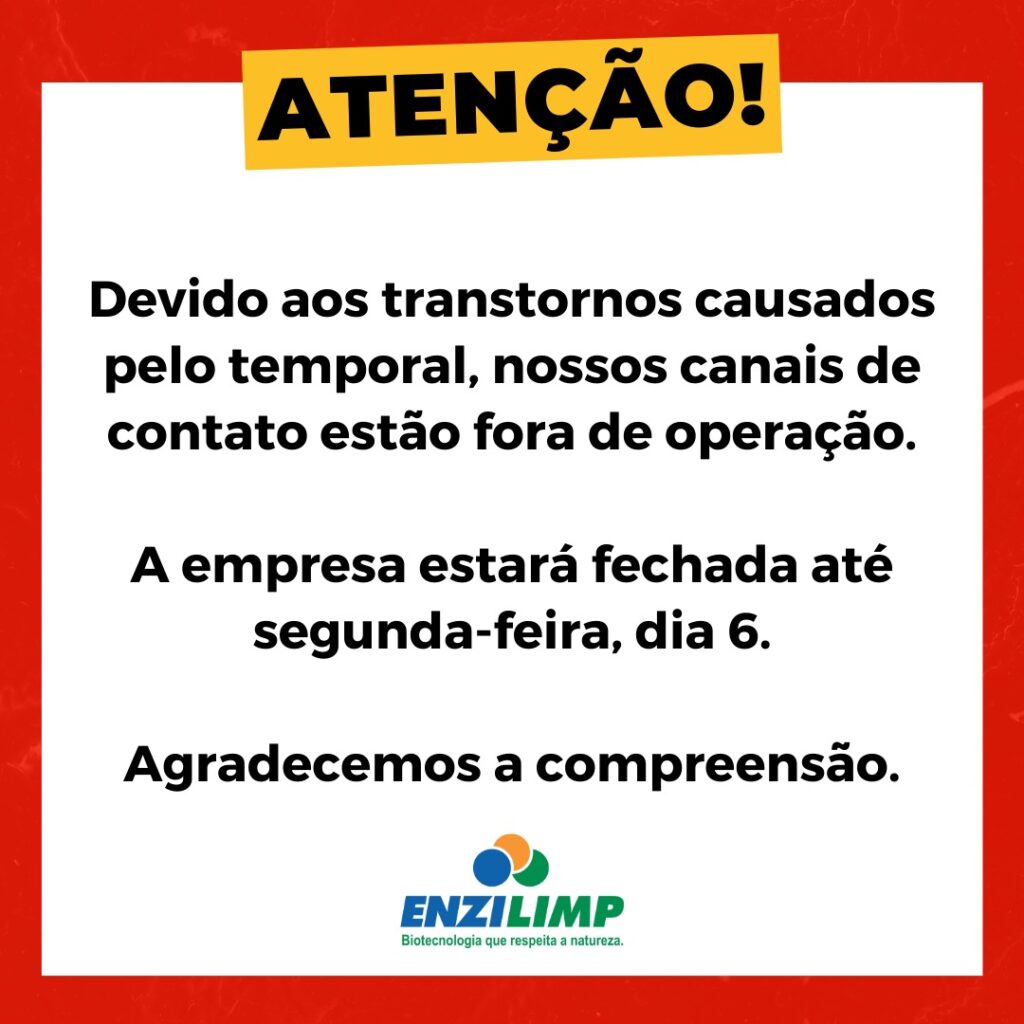Supplying water is not enough unless it’s clean. Brazil is known for having a low rate of sewage treatment, causing great risk to the population.
Public and private sewage utility companies are responsible for treating the sanitary sewage generated in our homes and commercial establishments. However, not all sewage generated is collected and treated.
According to data released in 2018 by Instituto Trata Brasil, only 45% of the sewage generated in the country undergoes treatment in the so-called STSs (Sewage Treatment Stations). The rest is destined for grease traps, septic tanks, filters and sinks, which are characterized by being inefficient systems, or even are illegally and criminally dumped into water bodies.
Regardless of the final destination of the sewage, Millenniun Tecnologia Ambiental has biotechnological solutions capable of assisting in the treatment of existing pollutants. With the reduction of organic compounds and bad odors, it provides an increase in the treatment efficiency of the systems, reducing operating costs and adjusting the parameters required by regulatory agencies for the discharge of treated sewage into permitted receiving bodies.
Undersized treatment systems and/or those with operational problems may not reduce the necessary concentration of organic load, compromising the quality of the sewage to be disposed of.
Waste stabilization ponds are outdated treatment systems, but many of them are still in operation. Thus, they need maintenance, carried out by reducing the sludge settled inside.
Modern sewage treatment plants are already being designed with aerobic systems, which require startups to foster the formation of aerobic biological sludge.
Due to the large accumulation of waste, mainly fat generated by commercial food establishments in cities, these networks end up becoming saturated and overflowing, causing a great inconvenience to the population and utility companies.
Urban solid waste (USW) generated by cities are sent to landfills for final disposal, generating slurry as its byproduct, which is characterized by having a high concentration of organic and nitrogenous matter, an effluent that is difficult to treat, that is, with low biodegradability, requiring a robust and efficient treatment system to adjust its quality and release it into permitted water bodies.
Sanitary waste is generated everywhere, mainly in large urban centers with a large flow of people. Even when in so-called appropriate places, such as portable toilets, they generate a sanitary liability that needs to be treated.
Due to the low rate of sewage and treatment networks in Brazil, the existing water bodies end up receiving a large portion of raw sewage, impairing its quality and, consequently, making it impossible for them to be used as a drinking water source for the population.



